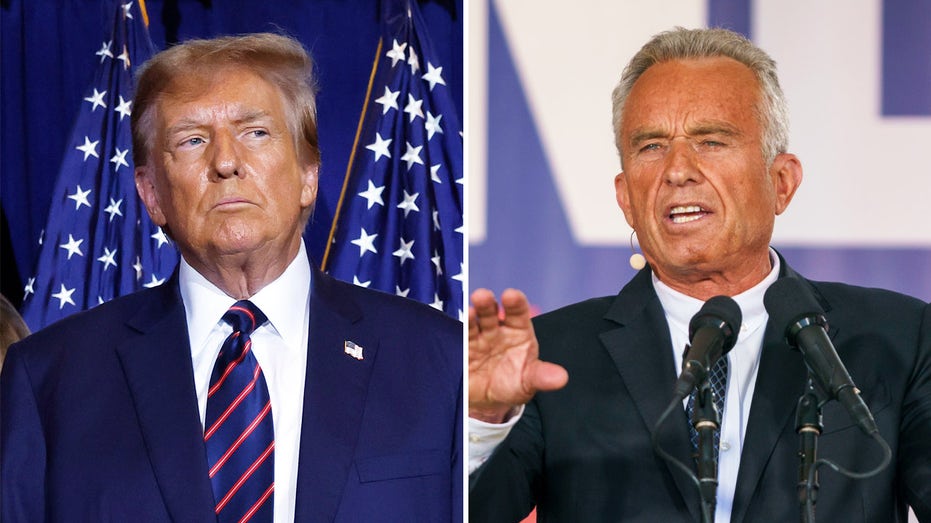
On Tuesday, TikTok, together with its parent company ByteDance, took legal action in the US federal court to challenge a new law endorsed by President Joe Biden.
This legislation mandates that ByteDance either sell TikTok by January 19 or cease its operations in the US. The suit, filed in the US Court of Appeals for the District of Columbia, claims that the law infringes on several constitutional grounds, particularly violating the First Amendment’s free speech protections.
We obtained a copy of the lawsuit for you here.
TikTok, immensely popular among 170 million Americans, faces an existential threat under this law, enacted on April 24. The filing emphatically states that divestiture is unfeasible — “not commercially, not technologically, not legally.” It warns of an inevitable shutdown, which would “silence the 170 million Americans who use the platform to communicate in ways that cannot be replicated elsewhere.”
Here are the key points you should know about TikTok’s argument:
Unprecedented and Discriminatory Legislation: TikTok claims that the Act is the first of its kind to single out and ban a specific online platform, infringing upon the rights of 170 million American users to participate in a global community of over a billion users.
Violation of First Amendment Rights: TikTok argues that the Act violates the First Amendment by imposing a ban on a major platform for speech and expression. They contend that the legislation infringes on free speech rights by selectively targeting TikTok based on its ownership and content.
Impractical Divestiture Requirements: The Act provides TikTok the option to divest its U.S. operations as an alternative to a ban. TikTok contends this divestiture is commercially, technologically, and legally infeasible, especially within the mandated timeline, making it a non-viable option.
Lack of Substantive Justification: TikTok criticizes the Act for lacking concrete legislative findings or evidence that TikTok poses a national security threat. They argue the legislation is based on speculative risks rather than substantiated threats.
Existence of Less Restrictive Alternatives: TikTok points out that they have proposed and negotiated comprehensive security measures with the U.S. government, referred to as “Project Texas”, which were disregarded in favor of the more extreme measure of banning the platform.
First Amendment Concerns: The First Amendment argument is particularly strong. US courts generally apply strict scrutiny to laws that target specific speech platforms or types of speech. Under strict scrutiny, the government must prove that the law is narrowly tailored to achieve a compelling governmental interest. TikTok’s claim that the Act fails to meet this standard because it is overbroad and not the least restrictive means to address the alleged security concerns could resonate with the courts.
Selective Targeting and Discrimination: TikTok’s argument that the Act discriminates against it by specifically targeting its platform while offering other companies potential exemptions or less severe restrictions could be seen as a violation of the equal protection principles implicit in the Fifth Amendment. This argument about selective targeting could strengthen TikTok’s case if they can convincingly argue that similar platforms are treated differently without a reasonable basis.
Feasibility of Alternatives: The argument regarding the feasibility of divestiture and the existence of less restrictive means (such as the security measures TikTok proposed) could also be pivotal. Courts often look favorably on arguments that a law is not narrowly tailored if there are obvious, less restrictive alternatives that could achieve the same goals.
Critics argue that the law encroaches on the First Amendment rights of TikTok users and labels the law as an unjustified overreach by the government. On the other hand, proponents of the law cite national security concerns, fearing that the Chinese government might access or manipulate data collected on American users.
The legislation was swiftly moved through Congress amid bipartisan concerns over potential data privacy violations and content manipulation by Chinese authorities via TikTok. Despite such claims, the US government has yet to disclose concrete evidence supporting these allegations.
The ongoing battle over TikTok is part of a broader dialogue concerning the intersection of technology, privacy, and national security. Legal scholars note that the outcome of this lawsuit might set a significant precedent affecting digital media regulations in the US.
Adding complexity to the situation, the lawsuit reveals that TikTok has invested $2 billion in data protection measures for US users and engaged in extensive negotiations with the Committee on Foreign Investment in the United States (CFIUS). These discussions culminated in a draft National Security Agreement, which included severe measures such as a “shut-down option” for the US government. However, meaningful negotiations ceased in August 2022, and by March 2023, CFIUS demanded a divestiture of the US TikTok operations.
More: The Dangerous Language and First Amendment Challenges of the Rushed Anti-TikTok Bill















